800-454-9103
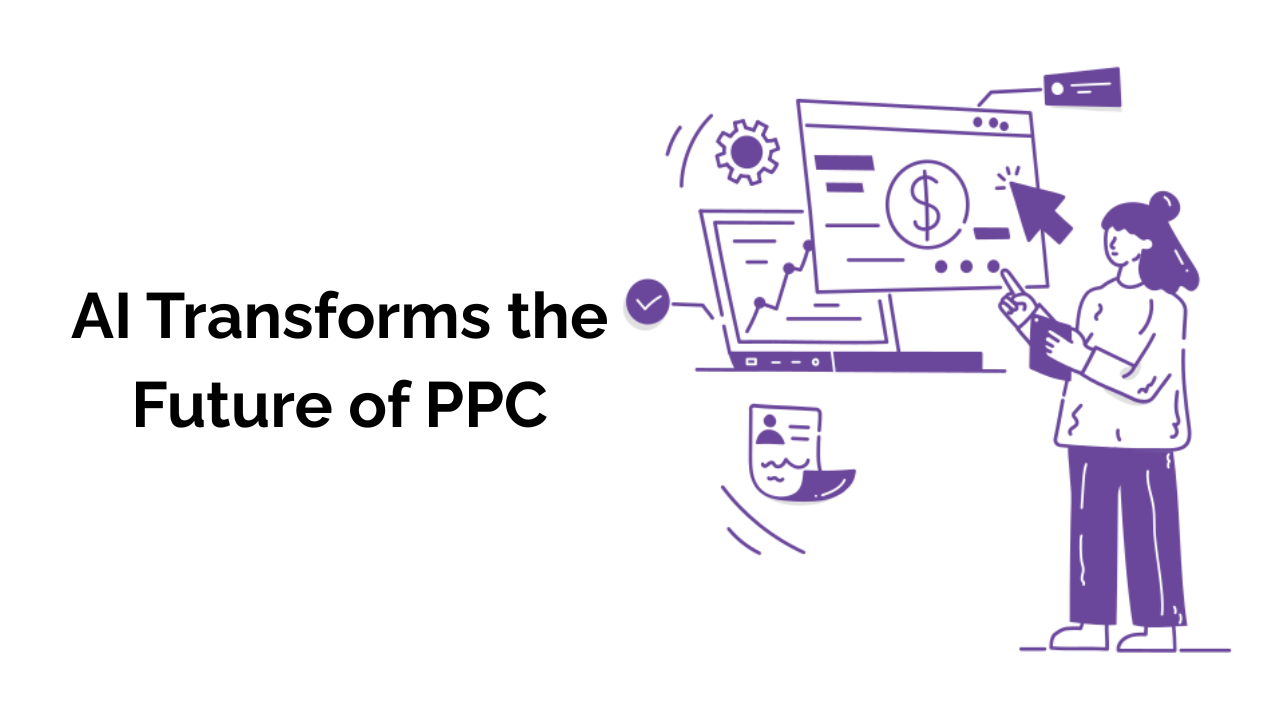
How AI-Driven Automation Is Redefining PPC in 2026
By 2026, pay-per-click advertising will look completely different from what marketers knew just a few years ago. Artificial intelligence has become the driving force behind modern PPC, shaping everything from automated bidding and audience targeting to predictive analytics and creative testing.
AI-driven automation allows campaigns to learn and adjust in real time, helping advertisers make smarter decisions faster. Rather than replacing human expertise, AI enhances it, freeing marketers to focus on strategy, creativity, and big-picture performance.
At Ferocious Media, we help home service businesses harness this technology to build smarter, more efficient PPC campaigns that deliver stronger ROI.
In this blog, we’ll explore how AI automation is redefining PPC in 2026, why it matters for your home service business, and what you can do now to stay ahead of the competition.
How AI Is Transforming PPC Campaign Management
Not long ago, PPC management relied on manual adjustments, frequent bid changes, and hours of data analysis. That approach is quickly becoming outdated. Artificial intelligence and smart bidding now perform much of this work automatically, using data patterns to predict user behavior and continuously optimize campaigns.
Platforms such as Google Ads, Microsoft Advertising, and Meta have introduced powerful automation tools like Smart Bidding, Advantage+ campaigns, and responsive search ads. These systems analyze millions of signals in real time to identify high-value audiences and adjust budgets, bids, and ad creative for better performance.
For marketers, this shift means less time spent on small manual targeting adjustments and more time focused on strategy, storytelling, and long-term results. AI is making PPC management more intelligent, more efficient, and more adaptable to how consumers actually search and shop online.
The Core of AI-Driven PPC Automation
At the heart of AI-driven PPC automation is data. Every click, impression, and conversion feeds algorithms that learn how to improve campaign performance. Artificial intelligence transforms these insights into real-time actions, adjusting bids, targeting, and creative elements based on what is most likely to convert.
AI automation typically includes several core components:
- Machine learning models that identify trends and optimize bidding strategies
- Natural language processing that helps optimize ad copy variations aligned with user intent
- Generative AI tools that test visuals, headlines, and calls to action at scale
- Predictive analytics that forecast campaign outcomes based on audience behavior
These systems also connect with analytics and CRM platforms, allowing campaigns to adapt as customer data changes. Instead of static ads and fixed budgets, marketers now work within dynamic ecosystems where every decision is informed by data and refined by AI.
Benefits of AI in PPC for 2026
Artificial intelligence is transforming PPC from a manual process into a performance engine that learns and improves over time. Businesses adopting AI-driven tools are seeing faster insights, smarter spending, and stronger overall returns.
Here are some of the key benefits marketers can expect in 2026:
- Smarter bidding decisions: AI evaluates countless data points in real time to determine the optimal bid for each impression, improving efficiency and lowering costs.
- Improved targeting accuracy: Algorithms identify patterns in user behavior, helping advertisers reach high-intent audiences more effectively.
- Dynamic creative optimization: Generative AI tests variations of ad copy, images, and extensions to find what resonates best with each audience segment.
- Time and resource savings: Automation reduces the need for repetitive management tasks, allowing marketers to focus on strategy and creative direction.
AI helps marketers move beyond guesswork, delivering campaigns that adapt instantly to audience intent and market shifts.
AI has fundamentally changed the PPC landscape in recent years, and it’s only going to continue. As we continue down this path, it’s more important than ever that we’re feeding these algorithms the correct targeting, creative, and conversion data. Otherwise, they can work against you and result in campaigns going in a downward spiral optimizing towards the types of leads your business doesn’t want.
Brian Conway, Vice President of Advertising, Ferocious Media
Challenges and Ethical Considerations
While AI-driven automation offers powerful advantages, it also introduces new challenges that advertisers must navigate carefully. Understanding these issues helps ensure campaigns remain effective, transparent, and compliant.
Here are some of the most important considerations for 2026:
- Data privacy and regulation: Stricter privacy laws and the loss of third-party cookies make it critical to handle customer data responsibly and rely on first-party insights.
- Algorithmic bias: AI systems can unintentionally favor certain audiences or content if the data they learn from is unbalanced. Human oversight remains essential to maintain fairness and accuracy.
- Transparency and accountability: Automated tools can sometimes operate as “black boxes,” making it difficult to understand why certain decisions are made. Marketers must demand visibility from their platforms.
- Human oversight: AI enhances, not replaces, human expertise. Strategic judgment and ethical review should always guide automated processes.
Balancing automation with accountability ensures AI remains a tool that supports, rather than controls, campaign success.
Preparing Your PPC Strategy for 2026
AI-driven automation is changing the foundation of PPC, but success in 2026 will depend on how well marketers adapt. Building a forward-looking strategy means combining smart technology with human insight.
Here are a few ways to prepare your PPC efforts for what’s ahead:
- Audit your current tools and platforms: Review which parts of your campaigns are already automated and where manual adjustments still dominate. Identify opportunities to streamline.
- Invest in first-party data: With privacy changes and cookie deprecation, building strong data pipelines directly from your audience is essential for targeting accuracy.
- Upskill your team: Train marketers to interpret AI-generated insights and apply them strategically rather than relying solely on automated outputs.
- Test and measure consistently: Use controlled experiments to understand how automation impacts performance and where human input still provides an edge.
At Ferocious Media, we help home service businesses modernize their PPC strategies to take full advantage of AI while keeping performance and transparency at the forefront.
The Hybrid Future: Humans and Machines
The future of PPC is not about choosing between human expertise and artificial intelligence. It’s about finding the balance where both can thrive. AI brings speed, scale, and precision, while people bring strategy, empathy, and creative vision. Together, they create campaigns that are both data-driven and deeply human.
As automation becomes more advanced, the role of marketers will shift from managing campaigns to guiding them. Successful advertisers in 2026 will be the ones who understand how to train, interpret, and collaborate with AI tools rather than fear them.
If your business is ready to embrace this hybrid future, Ferocious Media can help you build a smarter, AI-driven PPC strategy that drives measurable growth. Contact us today to start transforming your digital advertising for 2026 and beyond.
Frequently Asked Questions About AI and PPC
What skills will PPC professionals need in 2026?
As automation expands, PPC specialists will need stronger analytical, strategic, and creative skills. The focus will shift from less manual optimizations to interpreting AI insights, shaping campaign strategy, and developing compelling ad messaging.
Will AI replace PPC managers?
No. AI handles some routine campaign management, but human expertise remains vital for creative direction, brand alignment, and ethical decision-making. The future of PPC depends on collaboration between people and technology.
How does AI improve ad targeting?
AI analyzes user behavior, intent signals, and conversion data to identify high-quality audiences more accurately than traditional demographic targeting. This helps advertisers deliver more relevant ads while improving cost efficiency.
Is AI-driven PPC affordable for small and mid-sized businesses?
Yes. Many platforms now offer built-in automation tools that make advanced campaign optimization accessible to smaller advertisers without large budgets or dedicated data teams.
How can Ferocious Media help businesses adapt to AI-powered PPC?
Ferocious Media helps brands integrate AI tools into their PPC strategies, optimize performance through automation, and maintain transparency in reporting. Contact us today to learn how we can prepare your business for the future of digital advertising.
Recent News
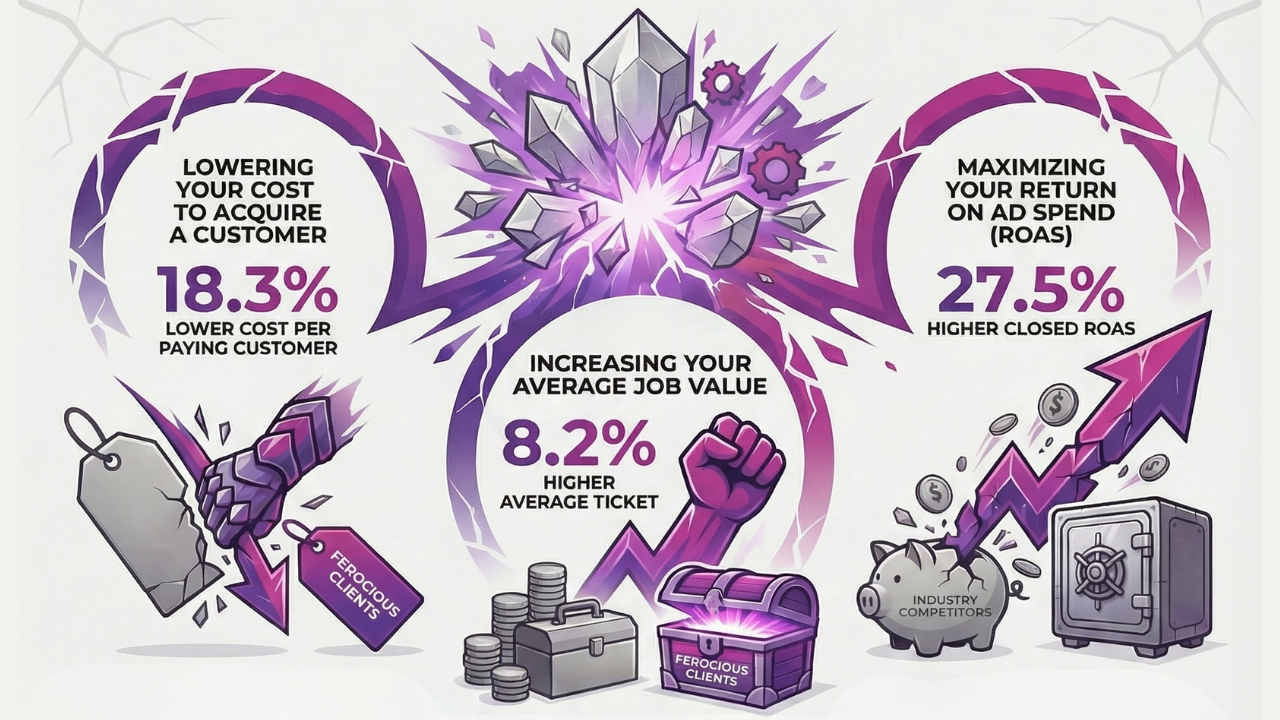
Unleashing Ferocious Results: Our Q4 2025 Advertising Performance

Twenty Years of Ferocious Media: A Founder Q&A on Staying Relevant, Efficient, and Accountable
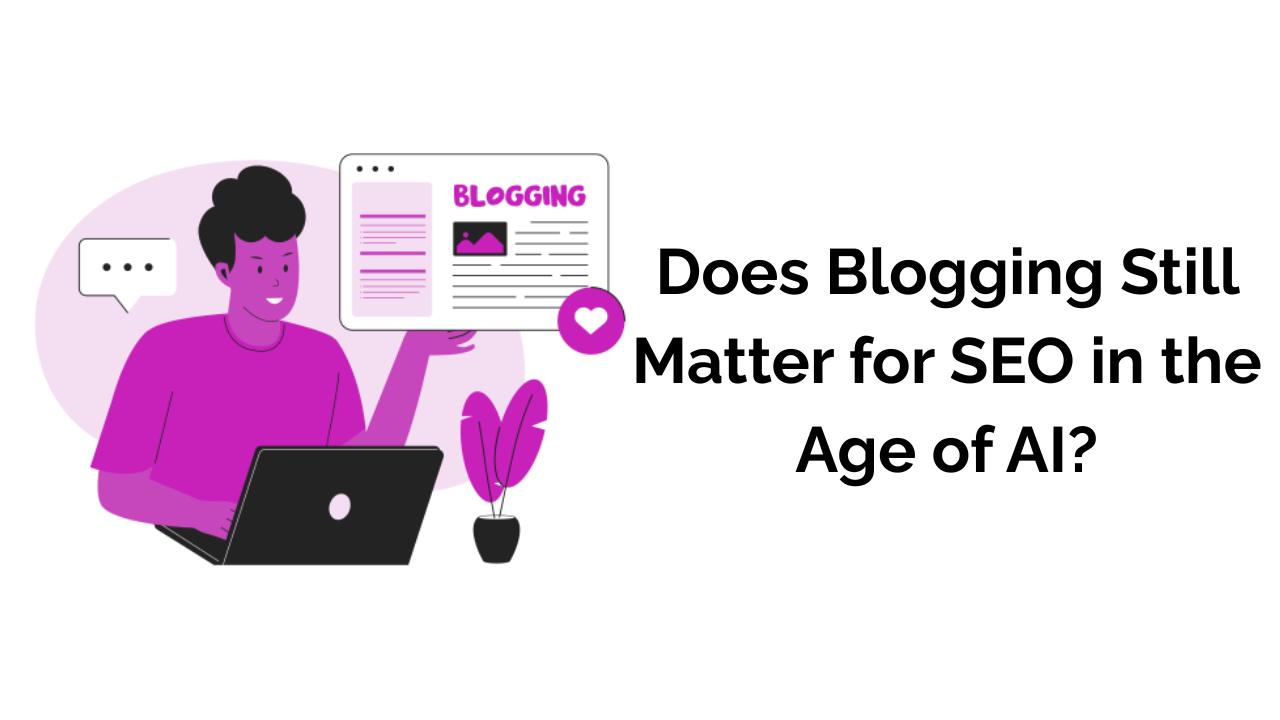
Does Blogging Still Matter for SEO in the Age of AI?
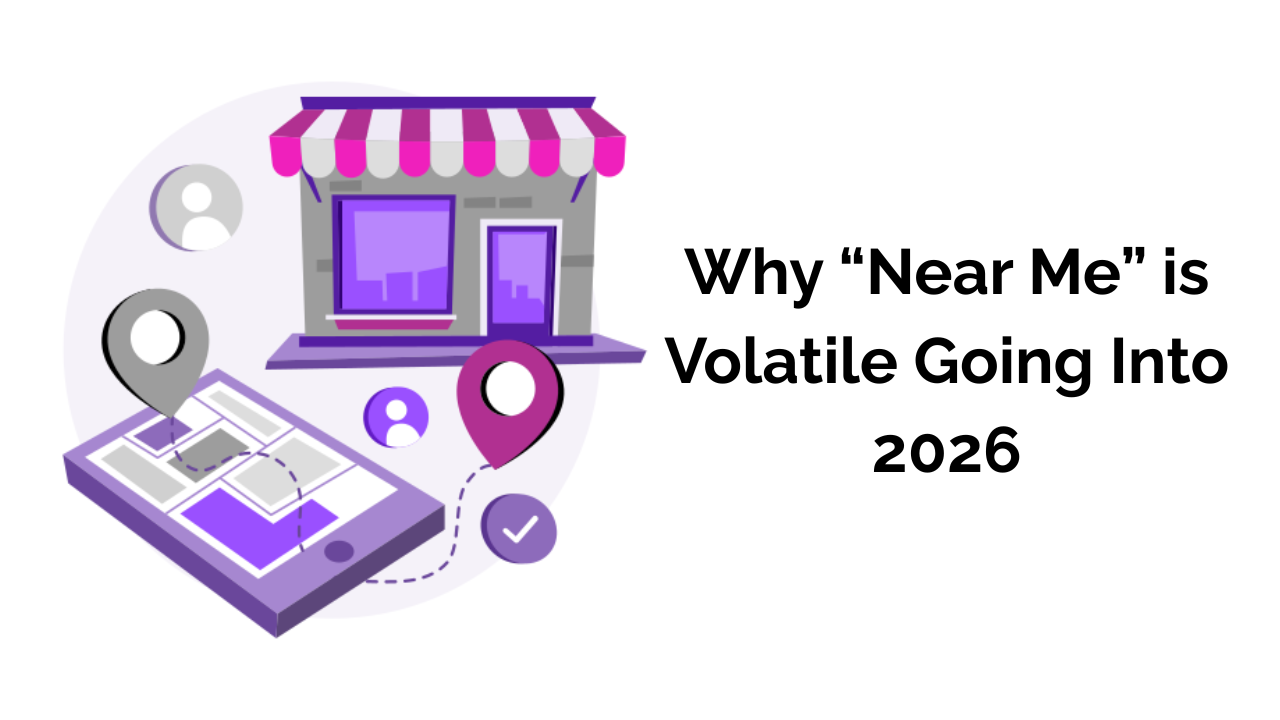
GBP Radius Tightening: Why “Near Me” is Volatile Going Into 2026
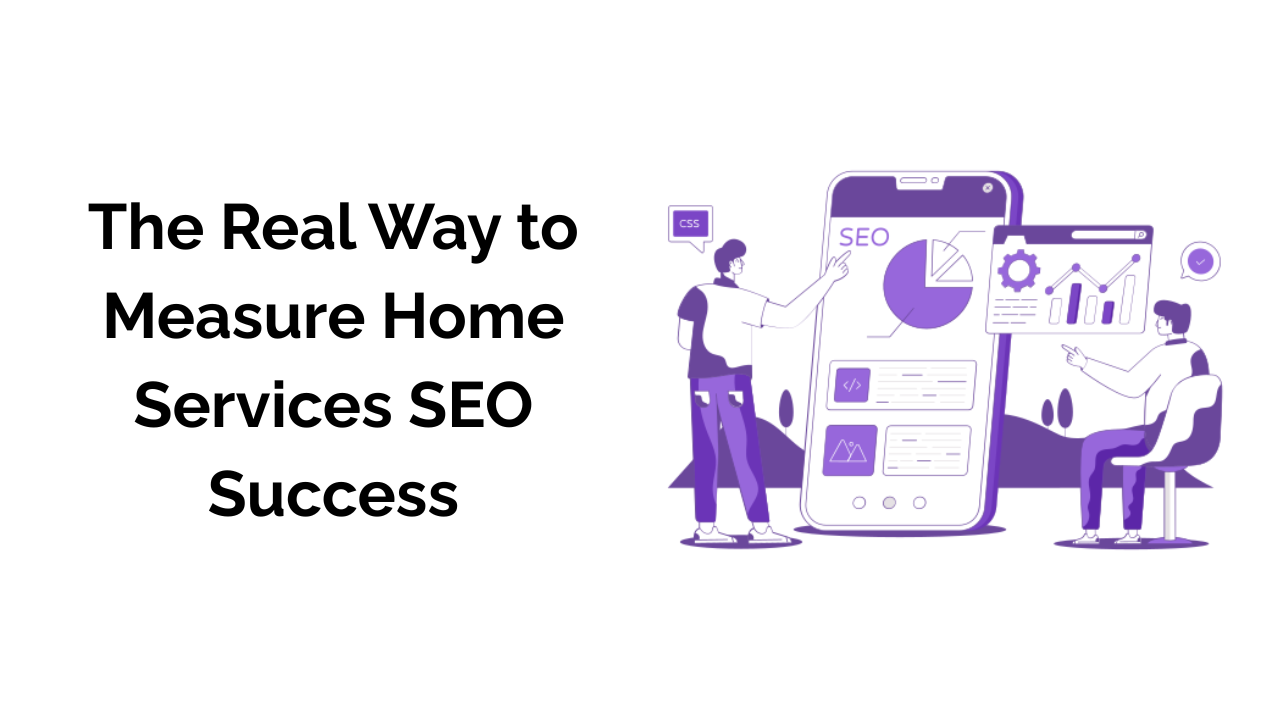
The Real Way to Measure Home Services SEO Success (Beyond Rankings)

Seasonal Strategy: Winter HVAC + Holiday Slowdowns
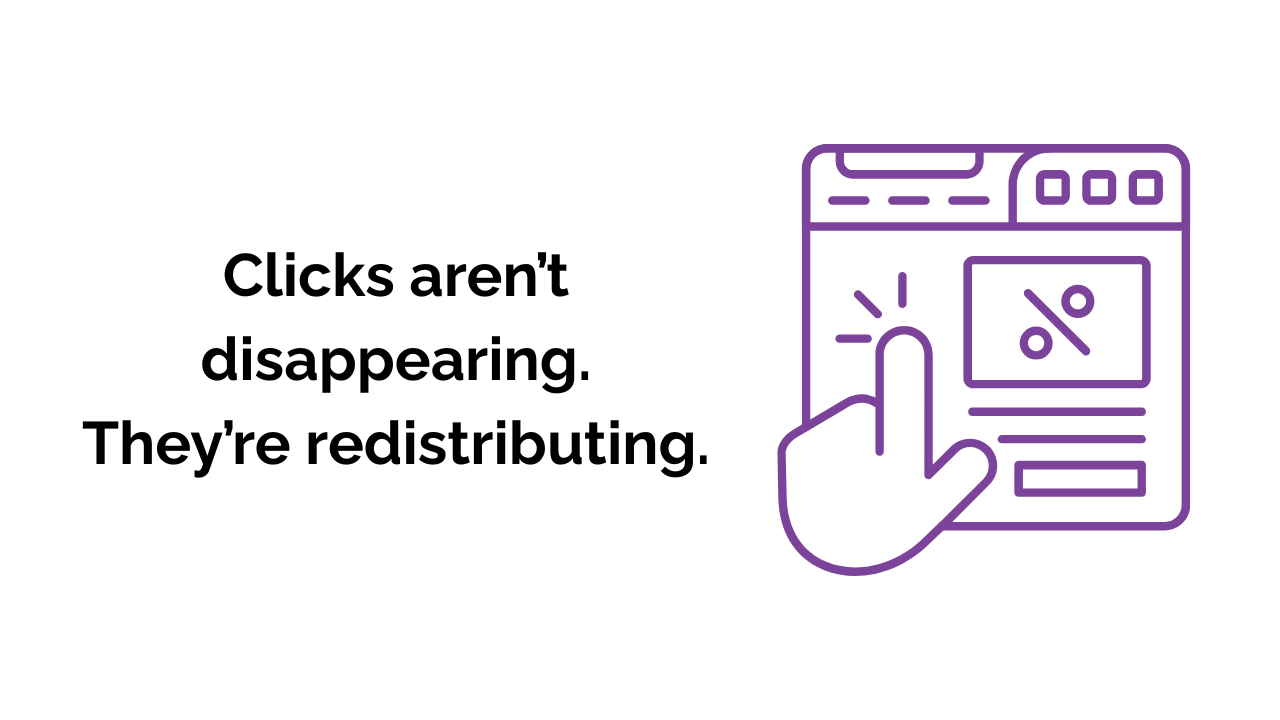
Reclaiming Clicks in a No-Click World: The 2025 SEO Shift for Service Brands
Ready for success?
Take the first step toward accelerating your business growth today!

